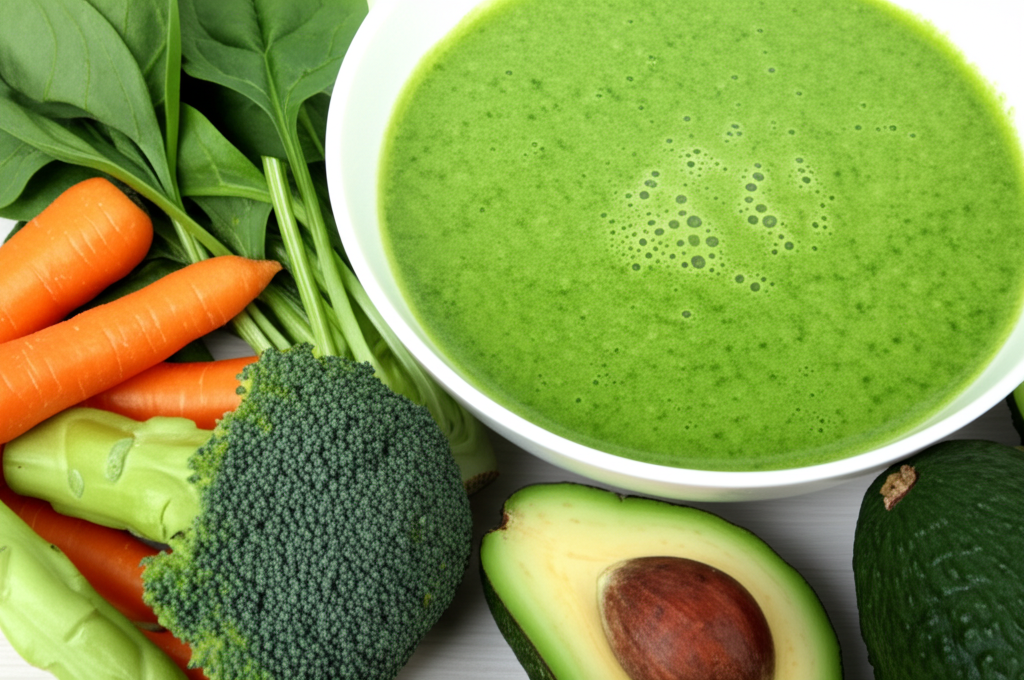Many individuals experience circulatory issues as they age, which can lead to further complications such as blood clots and heart problems. A healthy circulatory system is crucial because it delivers oxygen and vital nutrients throughout the body while also removing toxins and waste products.
When circulation is compromised, the body’s tissues may not receive adequate oxygen. This can lead to stagnation, blood clotting, and other health concerns. Therefore, maintaining optimal blood flow is essential for overall well-being. A healthy tissue is one that receives a good supply of oxygen and is able to effectively remove metabolic byproducts.
While modern medicine often addresses the symptoms of poor circulation with medications like warfarin, which prevents blood clotting by blocking vitamin K, it’s important to address the underlying causes. Warfarin acts by thinning the blood and preventing coagulation, but it doesn’t tackle the root problem of why the circulation is impaired in the first place. One of the primary issues is the tendency of blood cells to stick together, forming clots that obstruct blood flow, especially in narrow arteries and capillaries.

Observations have indicated two major factors contributing to poor circulation: an overstimulated nervous system and the accumulation of toxins in the body.
Overstimulated Nervous System: Individuals with an “excited” nervous system, often referred to as the sympathetic nervous system, tend to experience constricted blood vessels. This constriction makes it harder for blood to flow freely, leading to circulatory problems.
Toxic Buildup: The accumulation of toxins, such as mercury, lead, aluminum, and pesticides, in the extracellular tissue surrounding cells can disrupt cellular communication and hinder oxygen transport. The liver attempts to detoxify these substances using the P450 system, which requires sulfur to produce glutathione, a key detoxifying agent.
To improve circulation, it’s recommended to incorporate magnesium, potassium, and vegetable juices into your diet to relax blood vessels and promote blood flow. Increasing the intake of sulfur-rich foods, such as eggs, fish, avocados, blueberries, broccoli, Brussels sprouts, cabbage, carrots, cheese, coconut, coconut oil, garlic, onions, and asparagus, is also beneficial for detoxification. These foods provide the sulfur needed to produce glutathione, which helps deactivate and eliminate toxins from the body, thereby improving circulation.


